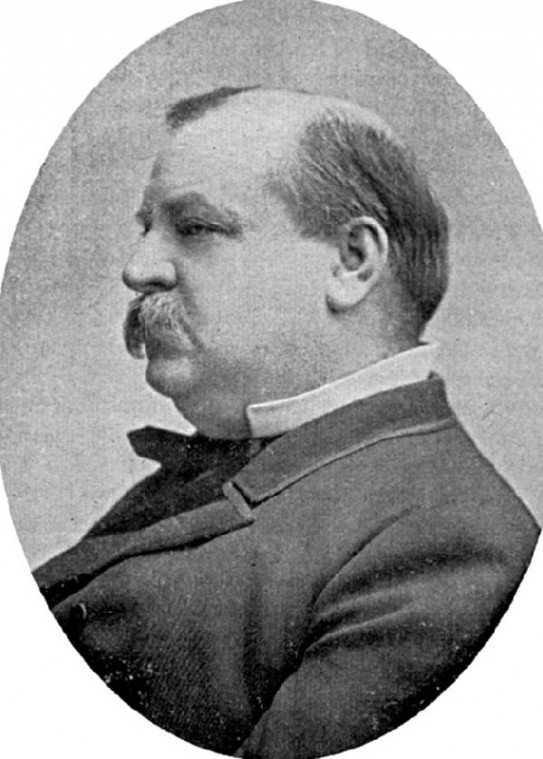Labor Day, as a national holiday, was born in blood.
A day honoring the American worker was first suggested by Peter
J. McGuire, a carpenter and labor union leader who co-founded the
Federation of Organized Trades and Labor Unions.
Labor Day, as a national holiday, was born in blood.
A day honoring the American worker was first suggested by Peter J. McGuire, a carpenter and labor union leader who co-founded the Federation of Organized Trades and Labor Unions. The first Labor Day took place on Sept. 5, 1882, when 10,000 workers in New York City marched from City Hall to Union Square in a demonstration proclaiming the importance of labor to American industry.
After the parade, the workers and their families assembled in Reservoir Park for a picnic, concerts and lots of long speeches. A holiday tradition was born. Well, except for all the long speeches maybe. Now we have C-SPAN for that.
Labor Day was celebrated in only a few states until 1893. In that year, the nation, suffering an economic depression, was ripe for turmoil. The Pullman Company in Pullman, Ill., made sleeping cars for the railroads. With orders for cars declining, the company faced financial doom. So company President George Pullman started to lay off hundreds of workers. He also dramatically cut the wages of remaining workers while keeping their rents in the company town at the same rate.
In response to the ruthless treatment, Pullman employees walked out. In support of the strike, railroad workers across America boycotted trains carrying Pullman cars. Riots and burning of the cars became common. Non-union workers joined in the violence.
President Grover Cleveland, fearful of what all this would mean to economic recovery for the nation, issued an order making the labor strike a federal crime. He sent 12,000 Army troops to break the Pullman strike. Violence broke out. Two U.S. deputy marshals fired on protesters and two men were killed.
On Aug. 3, 1894, the strike ended. Pullman employees signed a pledge to never unionize.
But 1894 was an election year, and politicians in Washington realized the workers would have to be appeased if they wanted to stay in office. Legislation was rushed through Congress to make the first Monday in September – the date Peter McGuire originally suggested – a national holiday honoring the American worker.
The bill arrived on President Cleveland’s desk a mere six days after the strike ended. He signed it immediately, hoping to pick up the working man vote. To his chagrin, he still lost the election to Benjamin Harrison that November.













